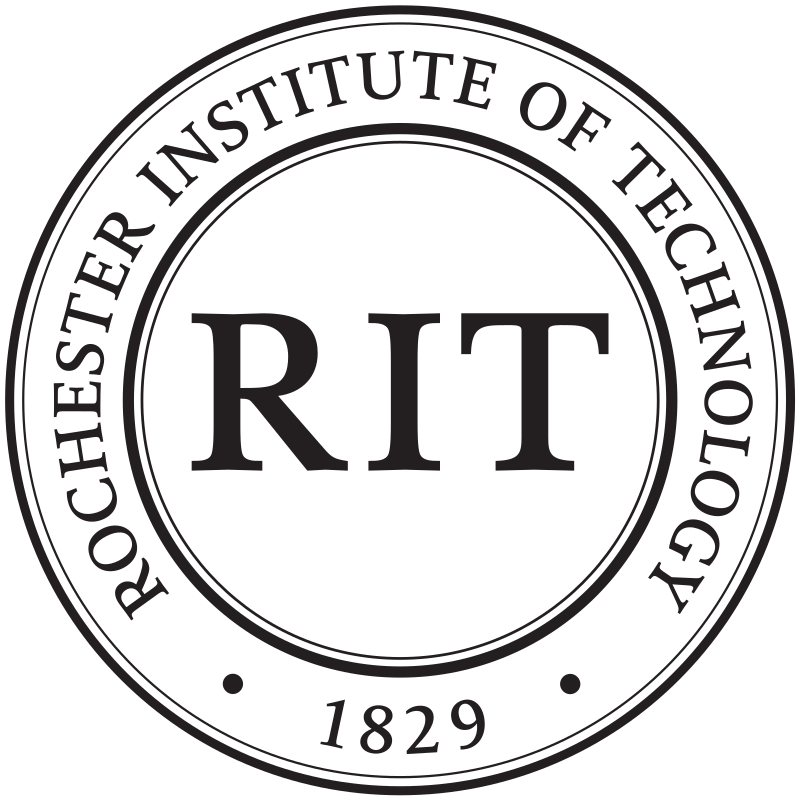
Foreign Education Consultants
Typically replies within minutes
Foreign Education Consultants
Hi There,
How can I help you?

Foreign Education Consultants
Typically replies within minutes
Foreign Education Consultants
Hi There,
How can I help you?
Get university recommendations.
Create SOP for free
Direct university communication
Track your application
Online payments
Don't have an account?
Get university recommendations.
Create SOP for free
Direct university communication
Track your application
Online payments
Already have an account?
Get university recommendations.
Create SOP for free
Direct university communication
Track your application
Online payments
Got your password?

Application Fee
The materials science master's degree combines science, engineering, and sustainability to contribute solutions to challenges facing fields as diverse as energy, medicine, clothing, and sporting equipment.
In the materials science master's degree you'll receive a serious interdisciplinary learning experience in materials studies, crossing over the traditional boundaries of such classical disciplines like chemistry, physics, and engineering.
The objectives of the materials science degree are threefold:
Materials Science and Engineering Master’s Courses
The materials science degree includes three required core courses, graduate electives, and either a thesis or project.
Courses: The core courses are specially designed to establish a common base of materials-oriented knowledge for students with baccalaureate degrees in chemistry, chemical engineering, electrical engineering, mechanical engineering, physics, and related disciplines.
There also is an emphasis on experimental techniques, with one required experimental course as part of the curriculum. This aspect of the masters in materials science will enhance your confidence when dealing with materials-related problems.
Electives: Elective courses may be selected from advanced courses offered by the School of Chemistry and Materials Science or, upon approval, from courses offered by other RIT graduate programs. Elective courses are scheduled on a periodic basis. Transfer credit may be awarded based on academic background beyond the bachelor’s degree or by examination, based on experience.
Thesis/Project: Choose to complete a thesis or a project as the conclusion to your program. If you pursue the thesis option, you will take four graduate electives, complete nine credit hours of research, and produce a thesis paper. Alternatively, the project option includes six graduate electives and a 3 credit hour project.
Part-Time Study: The materials science degree offers courses in the late afternoon and evenings to encourage practicing scientists and engineers to pursue the program without interrupting their employment. (This may not apply to courses offered off campus at selected industrial sites.) Students employed full time are normally limited to a maximum of two courses, or 6 credit hours, each semester. If you wish to register for more than 6 credit hours, then you must obtain the permission of your advisor.
Materials Science and Engineering (thesis option), MS degree, typical course sequence
Course Sem. Cr. Hrs.
First Year
MTSE-601 Materials Science 3
MTSE-704 Theoretical Methods in Materials Science and Engineering 3
MTSE-705 Experimental Techniques 3
MTSE-790 Research & Thesis 6
Graduate Electives
12
Second Year
MTSE-790 Research & Thesis 3
Total Semester Credit Hours
30
Materials Science and Engineering (project option), MS degree, typical course sequence
Course Sem. Cr. Hrs.
First Year
MTSE-601 Materials Science 3
MTSE-704 Theoretical Methods in Materials Science and Engineering 3
MTSE-705 Experimental Techniques 3
MTSE-777 Graduate Project 3
Graduate Electives
15
Second Year
Graduate Elective
3
Total Semester Credit Hours
30
Electives
Course
MTSE-602 Polymer Science
MTSE-617 Material Degradation
MTSE-632 Solid State Science
MTSE-704 Theoretical Methods in Materials Science and Engineering
MTSE-780 Theory of Microsensors and Actuators
MTSE-799 Independent Study
Admission Requirements
To be considered for admission to the MS program in materials science and engineering, candidates must fulfill the following requirements:
Candidates not meeting the general requirements may petition for admission to the program. In such cases, it may be suggested that the necessary background courses be taken at the undergraduate level. However, undergraduate credits that make up deficiencies may not be counted toward the master’s degree.
Any student who wishes to study at the graduate level must first be admitted to the program. However, an applicant may be permitted to take graduate courses as a nonmatriculated student if they meet the general requirements mentioned above.
Tuition fee-2 years1,06,000
Total fee-2 years1,44,000



